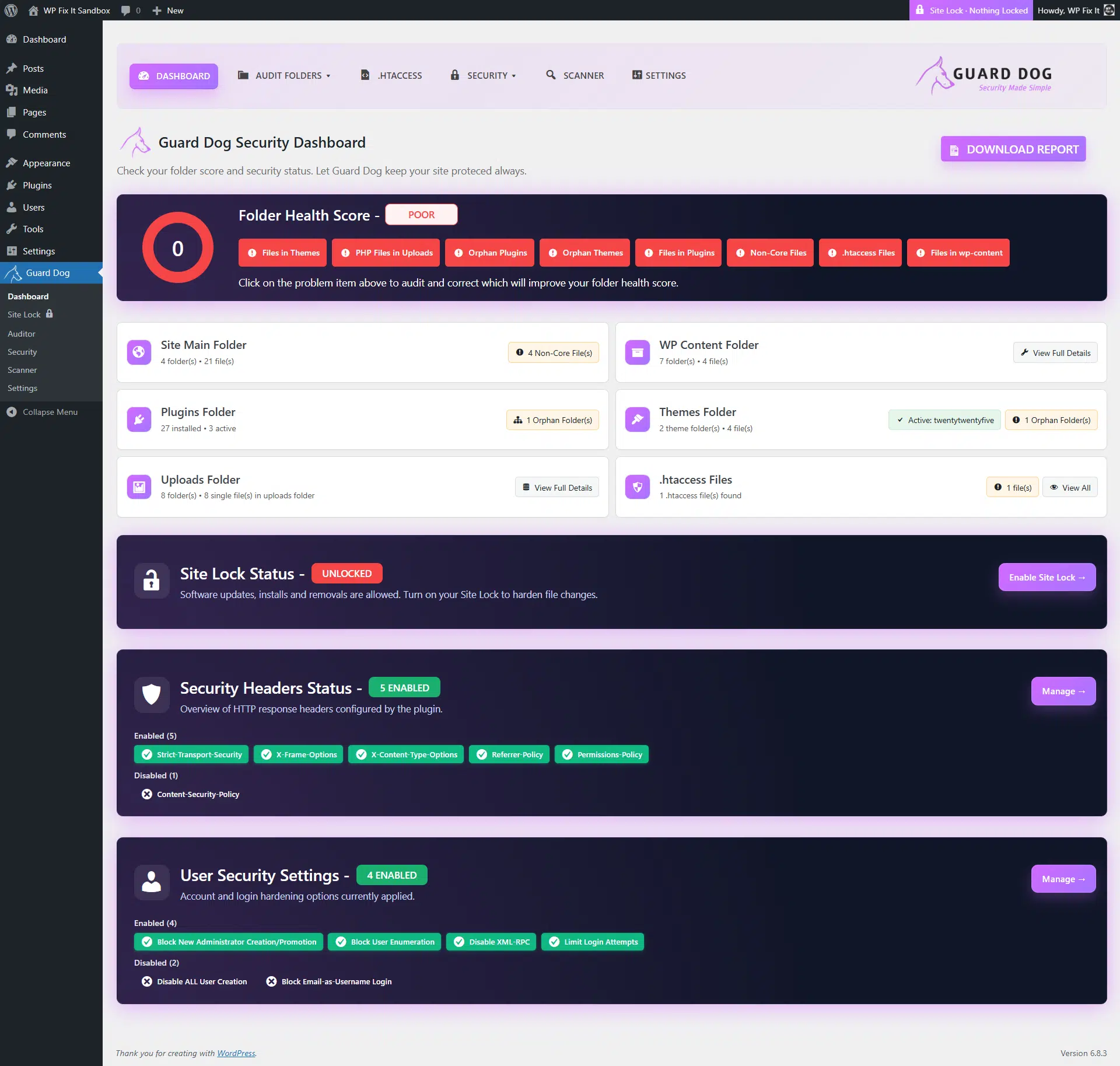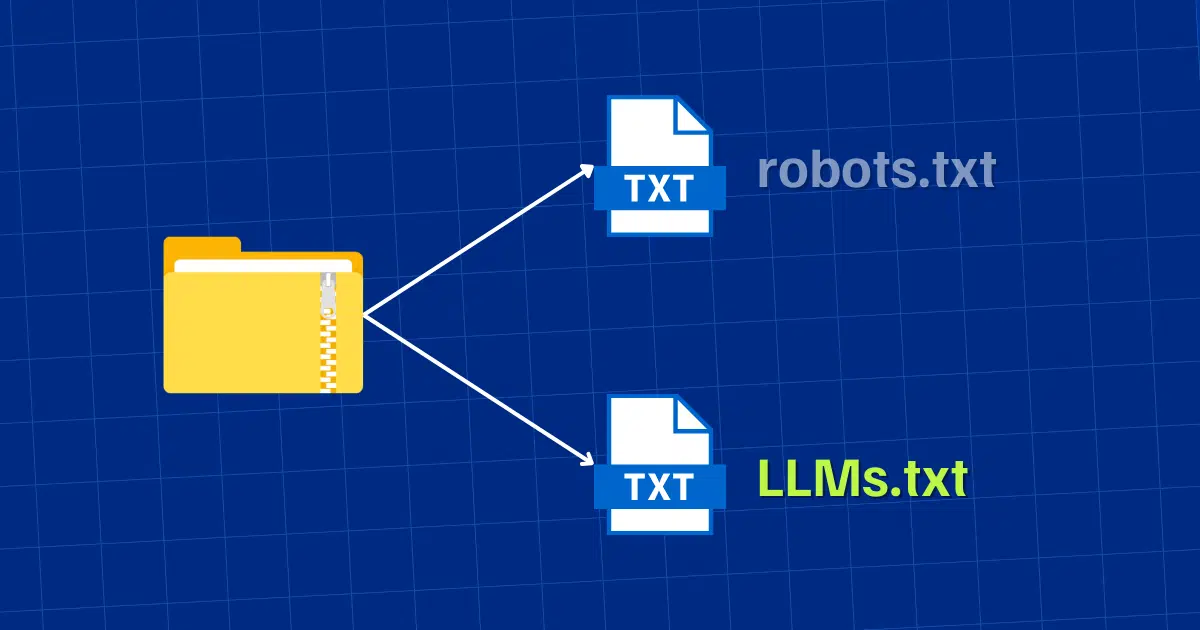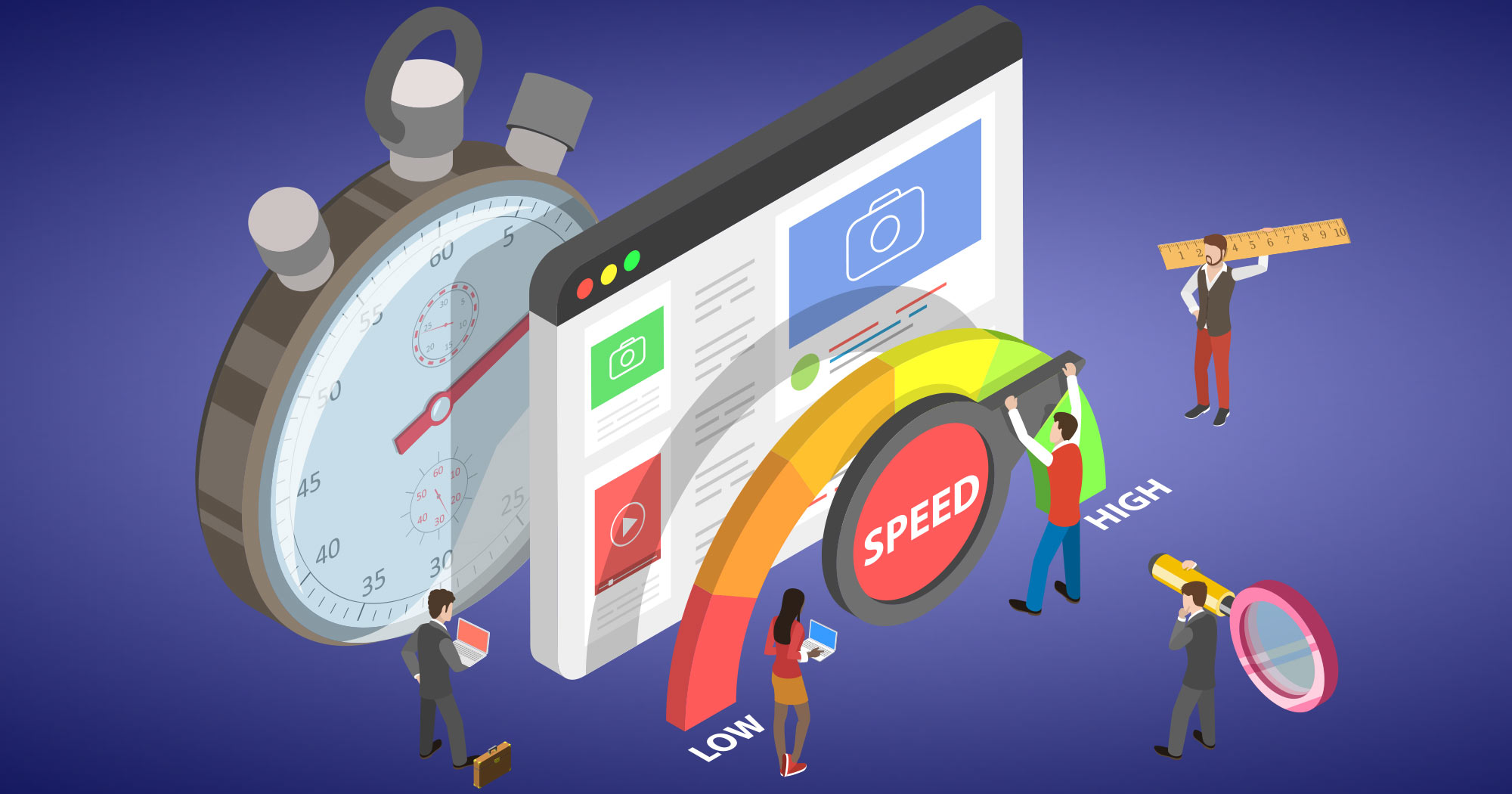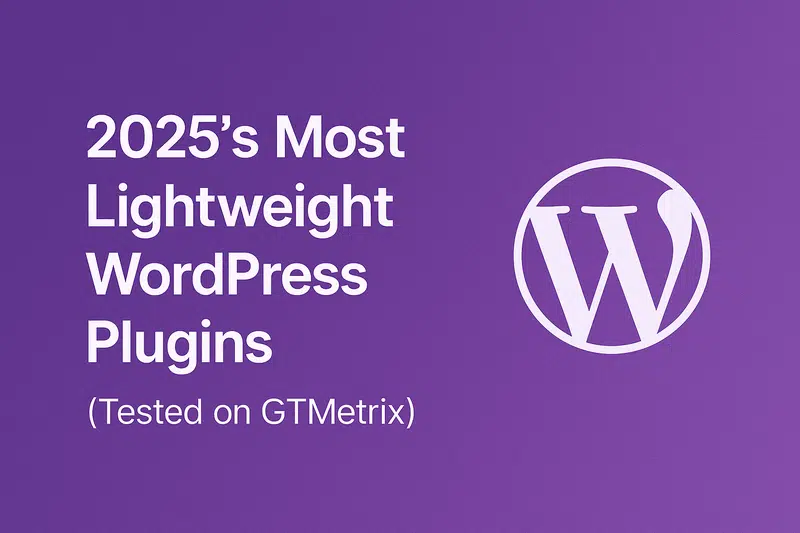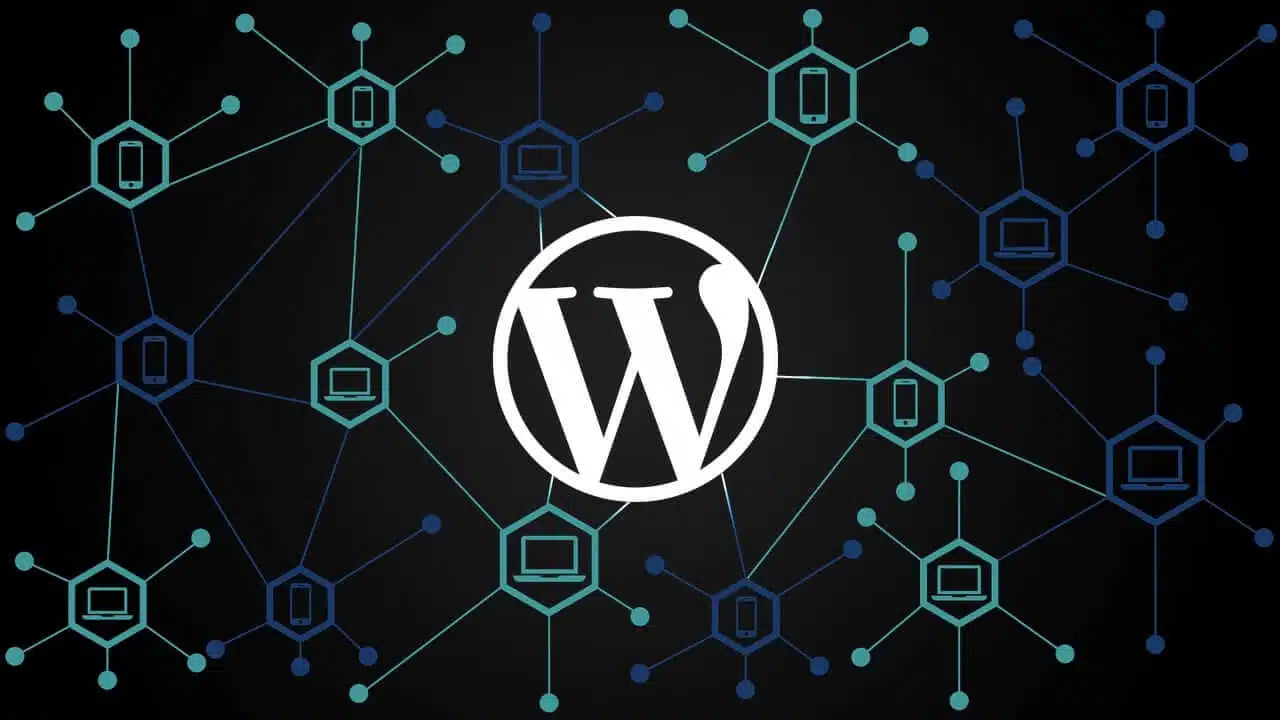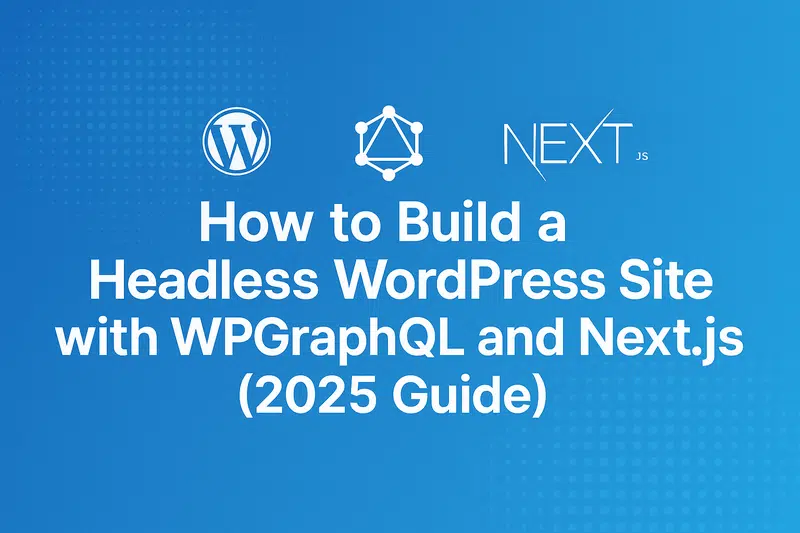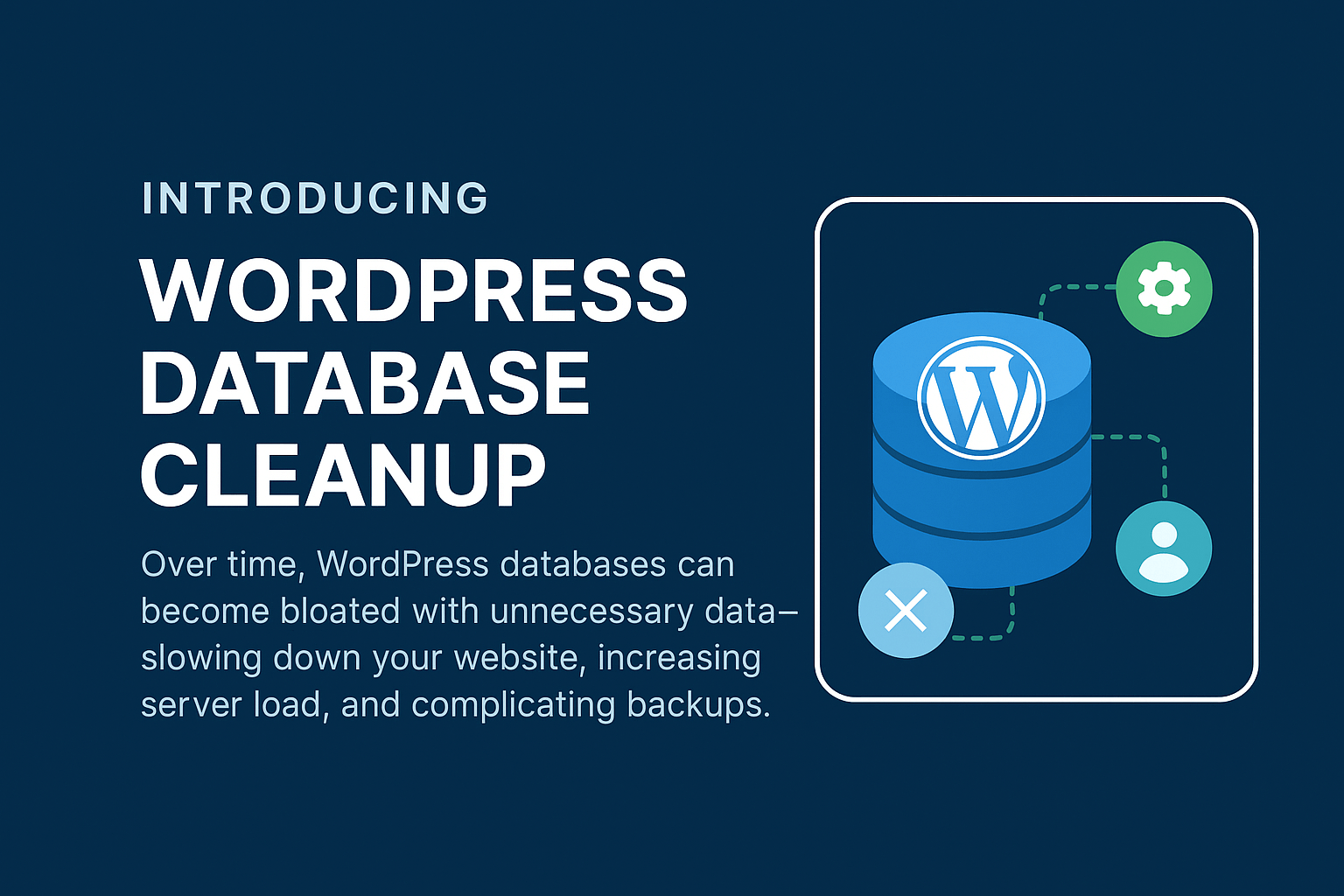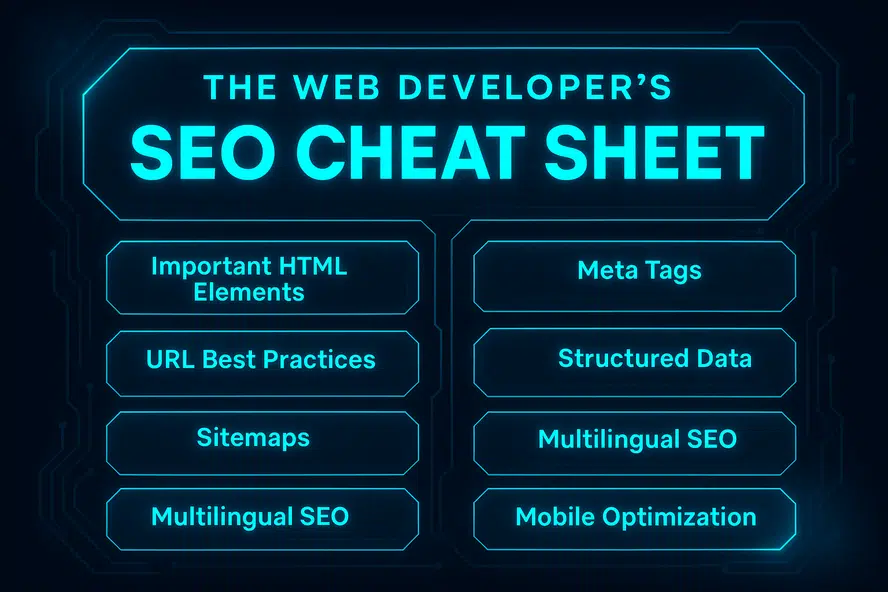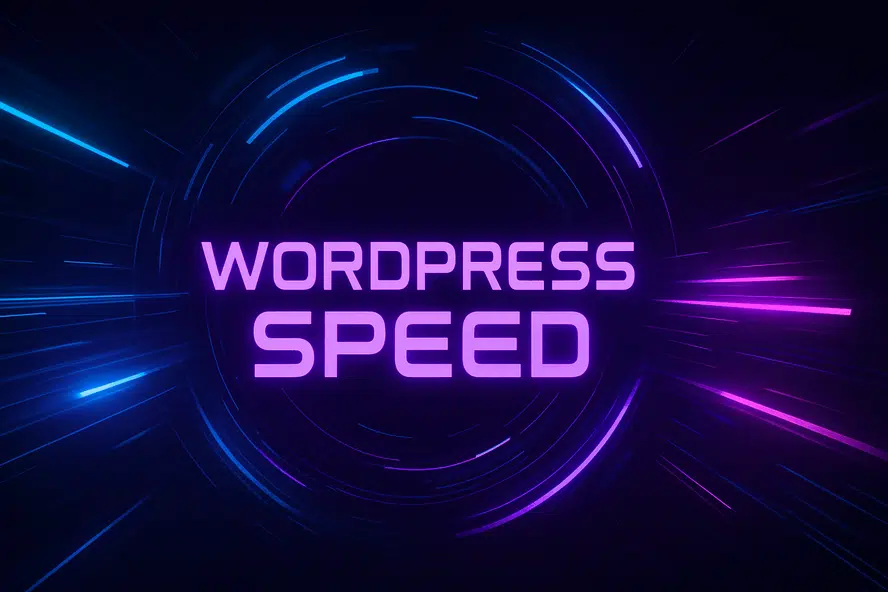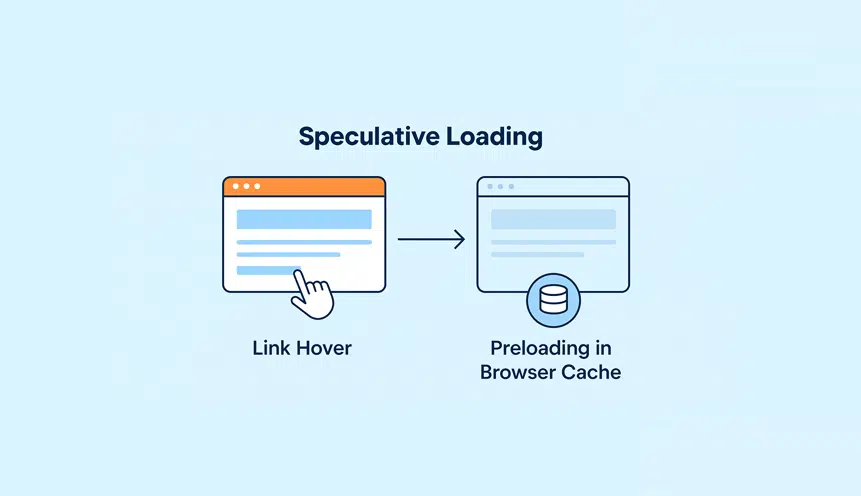Slow WordPress Site? Here’s How to Make it Load Lightning Fast!
Introduction:
WordPress has emerged as one of the most popular content management systems (CMS) for building websites. However, if you’ve been struggling with a slow WordPress site, you’re not alone. Slow page loading speeds can negatively impact user experience, search engine rankings, and even conversion rates. In this article, we will dive into the reasons behind a slow WordPress site and provide you with effective strategies to make it load lightning fast.
Understanding the Implications of a Slow WordPress Site:
1. User Experience:
When a website takes too long to load, visitors are more likely to abandon it and move on to a competitor’s site. Slow loading speeds can frustrate users, leading to a negative experience and reduced engagement. Studies have shown that even a one-second delay in page load time can result in a significant drop in conversions and customer satisfaction.
2. Search Engine Rankings:
Site speed is a crucial factor in search engine optimization (SEO). Search engines, like Google, prioritize websites with faster loading times, as it improves user experience. Conversely, slow-loading sites may receive penalties in terms of search engine rankings. Therefore, optimizing your WordPress site for speed is vital to achieve higher visibility and organic traffic.
3. Conversion Rates:
A slow WordPress site can have a direct impact on conversion rates. Whether you’re selling products, collecting leads, or seeking engagement, a sluggish website can deter visitors from taking desired actions. Slow loading pages give users more time to reconsider their decision, resulting in lower sales, fewer leads, and reduced overall conversion rates.
Common Reasons for Slow WordPress Sites:
1. Web Hosting:
The choice of web Hosting plays a significant role in determining your site speed. Shared Hosting plans, although economical, can adversely affect performance when multiple websites are sharing the same server resources. Upgrading to a more reliable Hosting provider or a managed WordPress Hosting plan can greatly enhance your site’s speed.
2. Unoptimized Images:
Images are often the biggest contributors to slow loading times. Many WordPress site owners make the mistake of uploading large, uncompressed images, which can be resource-intensive. Optimize your images by resizing and compressing them without sacrificing image quality using plugins like WP Smush and EWWW Image Optimizer.
3. Outdated Plugins and Themes:
Outdated or poorly-coded plugins and themes can significantly slow down your WordPress site. Ensure that you regularly update all your plugins, themes, and the WordPress core to their latest versions. Remove unnecessary plugins and choose lightweight and well-maintained options that don’t negatively impact site performance.
4. Caching and Optimization:
Implementing caching mechanisms and optimization techniques can dramatically improve your WordPress site’s speed. WordPress caching plugins like W3 Total Cache, WP Super Cache, or WP Rocket can generate static HTML versions of your dynamic pages, reducing server requests and boosting load times.
Effective Strategies to Speed Up Your WordPress Site:
1. Choose a Quality Web Hosting Provider:
Select a web Hosting provider that offers optimized servers, adequate resources, and excellent customer support. Managed WordPress Hosting providers such as SiteGround, Kinsta, or WP Engine have server configurations specifically designed to enhance WordPress site performance.
2. Utilize a CDN (Content Delivery Network):
A CDN distributes your website’s static files (CSS, JavaScript, images) across a network of servers worldwide, allowing users to retrieve them from the nearest server. This reduces latency and improves response times, especially for international visitors. Popular CDN services include Cloudflare, MaxCDN, and Amazon CloudFront.
3. Optimize Your Database:
WordPress stores all the website data in a database, which can become bloated over time. Optimize your database by removing spam comments, post revisions, trashed items, and transients (temporary data). Plugins like WP-Optimize or WP Rocket‘s database cleanup feature can automate this process.
4. Enable GZIP Compression:
GZIP compression boosts your WordPress site’s speed by reducing the size of files transferred between your server and user’s browser. Adding a few lines of code to your site’s .htaccess file or using caching plugins can enable GZIP compression effortlessly.
5. Minify CSS and JavaScript Files:
Minifying CSS and JavaScript files involve removing unnecessary white spaces, comments, and line breaks, resulting in smaller file sizes. Plugins like Autoptimize or W3 Total Cache allow you to easily minify these files, enhancing your site’s loading speed.
FAQs:
Q1. How can I measure my website’s speed?
Answer: Use tools like Google PageSpeed Insights, Pingdom, or GTmetrix to assess your website’s performance. These tools provide detailed reports along with suggestions to improve your site’s speed.
Q2. Is a fast-loading site more expensive to host?
Answer: It doesn’t have to be. With the wide range of Hosting options available, you can find affordable web Hosting plans that offer excellent performance and speed.
Q3. Do I need technical knowledge to optimize my WordPress site?
Answer: While basic technical knowledge helps, you can achieve significant speed improvements by using user-friendly plugins and following optimization tutorials available online. However, seeking professional help may be beneficial for more advanced optimizations.
Conclusion:
A slow WordPress site can hurt your online presence, user experience, and business goals. By implementing the strategies discussed in this article, you can significantly improve your site’s loading speed. Remember to prioritize web Hosting, compress images, update plugins and themes, and utilize caching mechanisms. With a blazing fast WordPress site, you’ll enhance user experience, rank better on search engines, and ultimately achieve your goals!
Post Summary:
WordPress is a popular CMS for building websites, but slow loading speeds can negatively impact user experience, search engine rankings, and conversion rates. This article provides strategies to make your WordPress site load faster. Slow loading speeds frustrate users and result in reduced engagement. They also affect search engine rankings and conversion rates. Common reasons for slow WordPress sites include poor web Hosting, unoptimized images, outdated plugins and themes, and lack of caching and optimization. Effective strategies to speed up your WordPress site include selecting a quality web Hosting provider, utilizing a CDN, optimizing your database, enabling GZIP compression, and minifying CSS and JavaScript files.





